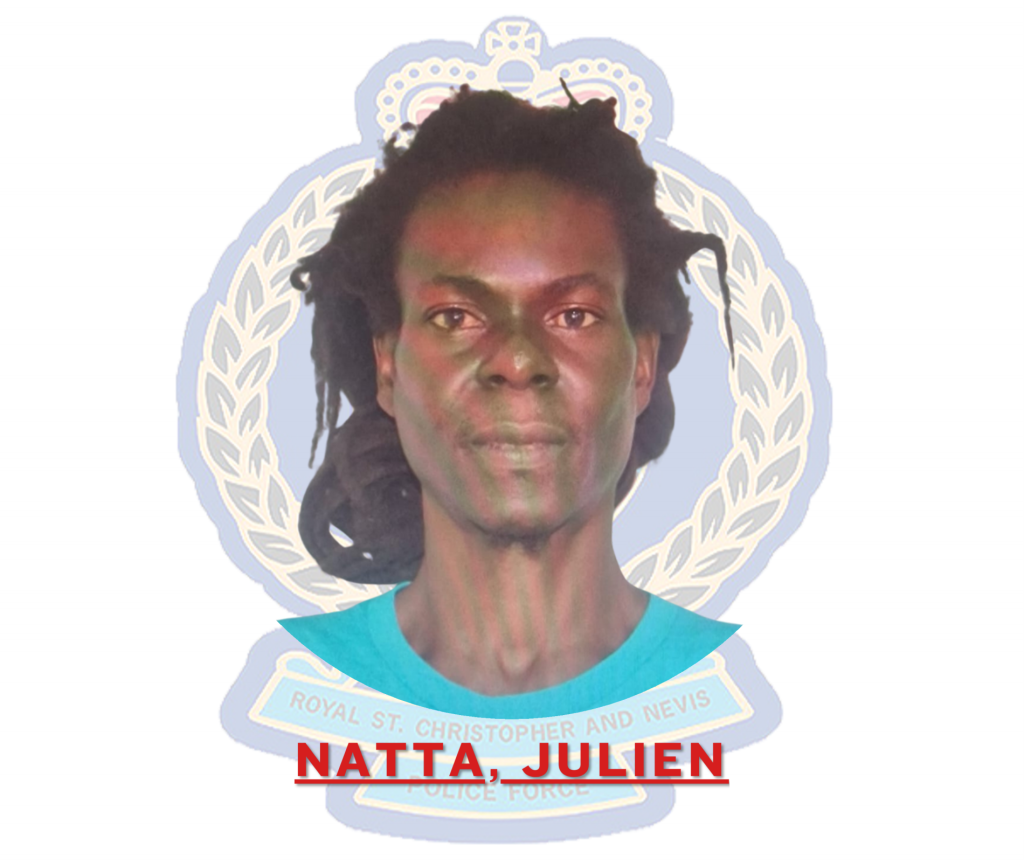Julien Natta Receives Penalty for Cannabis Possession with Intent to Distribute
On August 22nd, 2025, the legal proceedings against Julien Natta of Main Street, Charlestown, Nevis, concluded with a conviction for Possession of Cannabis with Intent to Supply. This offense, stemming from an incident on April 19th, 2025, at the Charlestown pier, resulted in a significant financial penalty imposed by the Charlestown Magistrate Court. The details of the case, while not fully disclosed in the available information, point to a serious infraction related to drug trafficking. The specific quantity of cannabis involved and the circumstances surrounding Mr. Natta’s apprehension remain unclear, leaving room for speculation about the scale of the intended distribution. However, the severity of the offense is underscored by the substantial fine levied against the defendant.
The court, presided over by His Honour Reynold Benjamin, delivered a judgment that reflected the seriousness of drug-related offenses. Mr. Natta was fined EC $5,000, a considerable sum representing a significant financial burden. This penalty, while substantial, serves as an alternative to immediate imprisonment, offering Mr. Natta an opportunity to avoid incarceration by complying with the court’s mandate. The four-month timeframe provided for payment underscores the court’s intention to allow for reasonable financial arrangements while also upholding the principles of justice and accountability. The potential consequence of default, a one-year prison sentence, highlights the gravity of the offense and the court’s commitment to enforcing drug laws.
The case of Julien Natta serves as a reminder of the legal ramifications associated with drug-related activities. Possession of cannabis with intent to supply, often considered a more serious offense than simple possession, carries significant penalties due to its connection with drug trafficking and the potential harm to individuals and communities. The substantial fine imposed in this case underscores the court’s dedication to deterring such activities and maintaining law and order. While the specific circumstances surrounding Mr. Natta’s case remain largely unknown, the outcome serves as a cautionary tale, emphasizing the importance of respecting legal boundaries and avoiding involvement in illicit drug activities.
The imposition of a fine rather than immediate imprisonment suggests a degree of leniency on the part of the court. This leniency, however, is conditional upon Mr. Natta’s adherence to the payment schedule. The four-month window allows him time to gather the necessary funds, demonstrating a balanced approach to justice that considers both the severity of the offense and the potential for rehabilitation. The alternative sentence of one year in prison, should he fail to meet his financial obligations, serves as a strong deterrent, emphasizing the importance of complying with the court’s ruling. This dual approach, combining financial penalties with potential incarceration, allows for flexibility while maintaining the integrity of the legal system.
Beyond the specifics of Mr. Natta’s case, this incident sheds light on broader societal concerns regarding drug use and trafficking. The prevalence of cannabis and other controlled substances within communities necessitates robust law enforcement and judicial responses to address the associated challenges. The outcome of this case reflects an ongoing effort to combat drug-related activities and protect the well-being of individuals and communities. The substantial fine imposed serves as a deterrent, signifying the seriousness with which such offenses are treated within the legal system. Furthermore, the potential prison sentence underscores the consequences of failing to comply with court orders, reinforcing the principle of accountability within the justice system.
In conclusion, the conviction and sentencing of Julien Natta for Possession of Cannabis with Intent to Supply represents a significant legal event in Charlestown, Nevis. The substantial fine of EC $5,000, coupled with the potential one-year prison sentence in case of default, highlights the gravity of the offense and the court’s commitment to upholding the law. While the details of the case remain somewhat obscure, the outcome serves as a clear message regarding the legal repercussions of engaging in drug-related activities. Furthermore, it underscores the importance of complying with court orders and respecting the legal framework established to maintain order and protect communities. The case serves as a compelling example of the legal system at work, balancing punishment with the possibility of rehabilitation and emphasizing the significance of accountability within society.
Share this content:












Post Comment